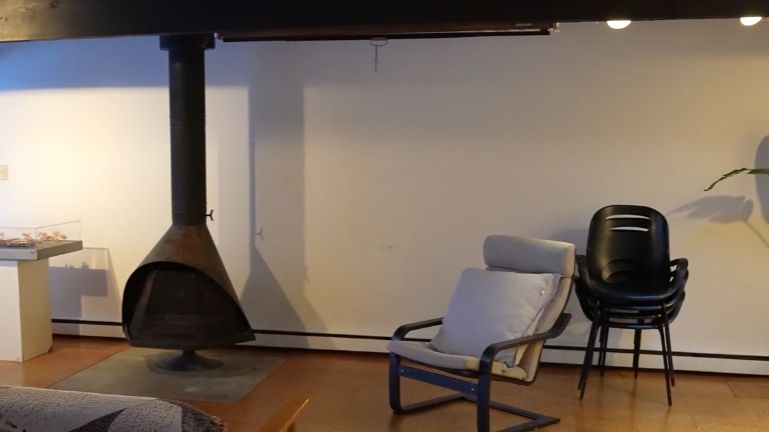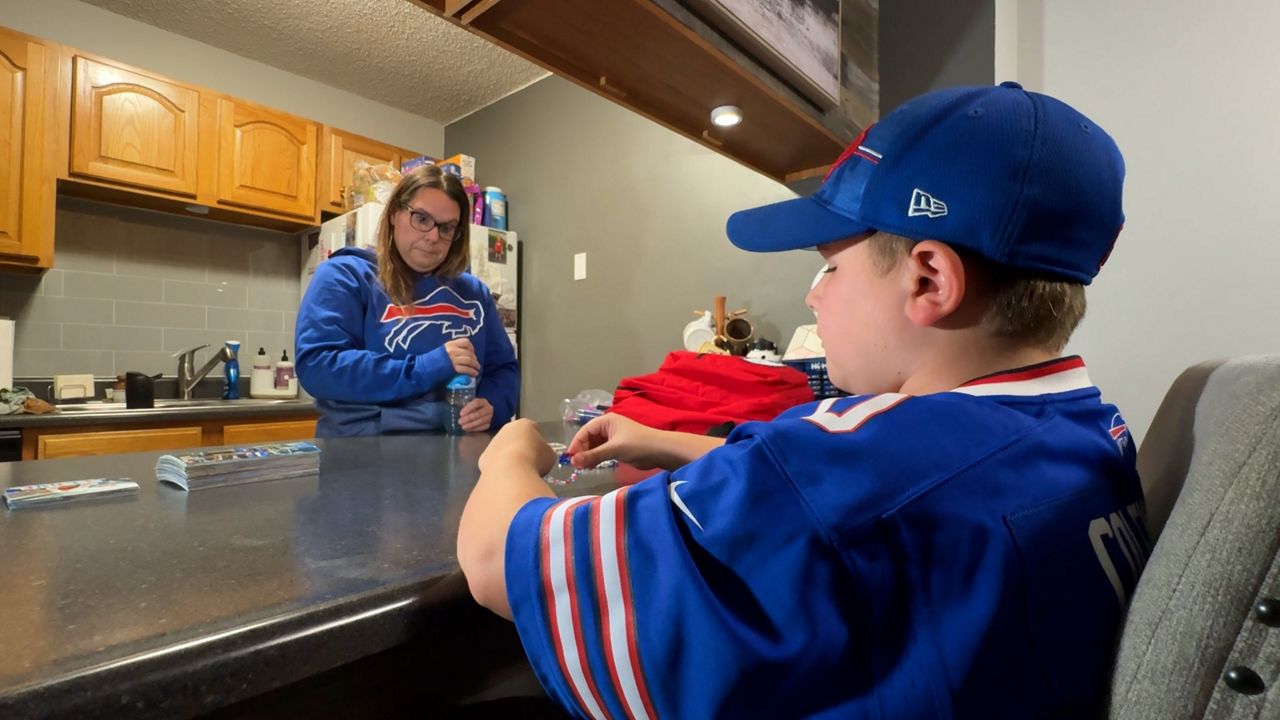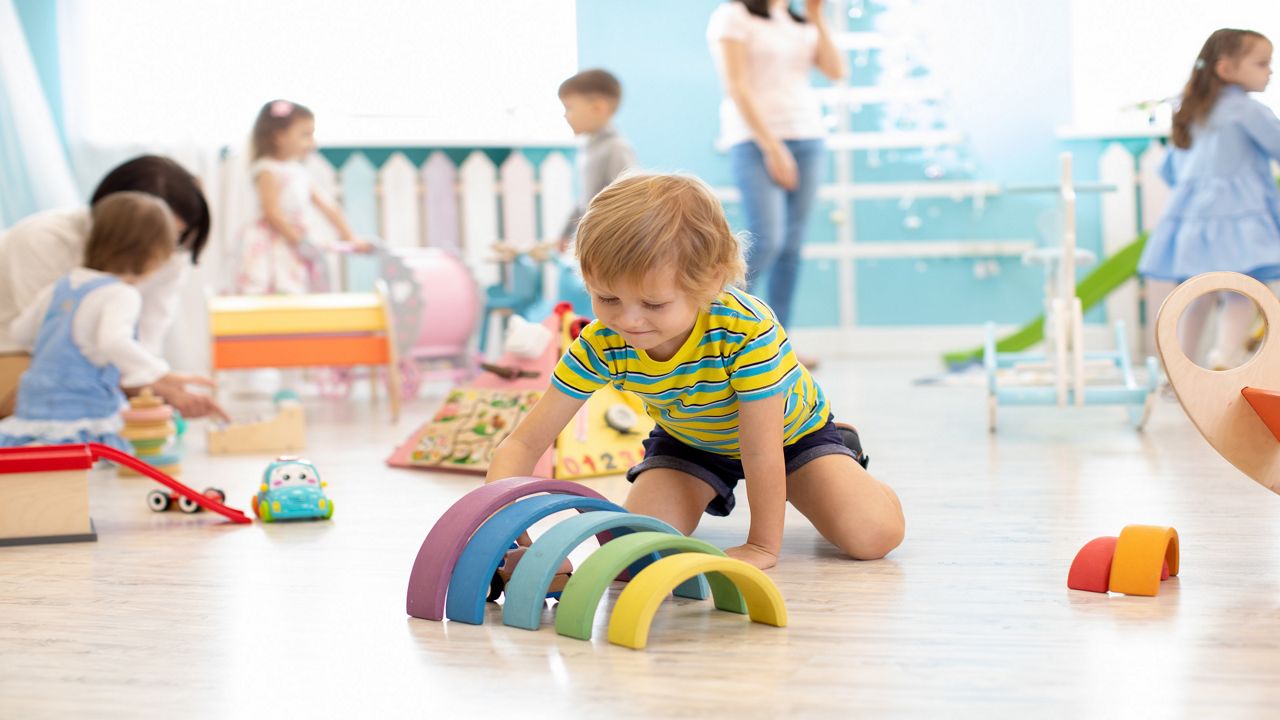DUNKIRK, N.Y. — A little more than four months into the academic year, a handful of school districts across New York state have banned student cell phones from the classroom.
It’s a subject Gov. Kathy Hochul is expected to discuss during her State of the State address next month.
One upstate district has given its decision a passing grade for keeping the devices locked up.
When Dunkirk students like Mackenzie Curry now get to class, they're given a pouch to put and lock their cellphone in until the end of the day.
Like most students, Curry keeps hers safe in her locker.
"My initial reaction was I thought it was going to be a very big change," Curry said. "But now that we're used to it, I really think it was for the better of the students, whether we didn't all see that at first."
While some students aren't happy about the new policy, others like Curry say she's made new friends at lunch and is more focused on her work.
"At least my grades personally have improved," she said. "Even when I didn't realize that, that was a problem when I had my phone. Really everybody can benefit from that."
School leaders like Josh Tedone, principal of student conduct and attendance at Dunkirk Secondary School, say phones are a key distraction to student learning.
While cellphones were never allowed out during instruction, they're now not permitted at lunch or in study hall, allowing students to be more social.
"In some ways, it's a different building this year," Tedone said. "Just seeing students in the hallway not on their phone, seeing students in the lunchroom not on their phone and then the expectation to never be on your phone during the instructional time is overall a huge benefit to the building. I think overall [it's] been very effective."
As a result, leaders say they're have been fewer phone write-ups this year as well.
The district is also calling on the community for its continued help and support.
"Which I've gotten a lot of," Tedone said. "It's so helpful. I understand some of, maybe the hesitation from some families. But support from families, families and schools working together on this is really what's going to make it work."
Curry encourages other districts to have that conversation with its communities.
"It benefits the teachers, the principals [and] the students," she said. "Even though it might be a battle at first. I think everybody will be OK with it."










